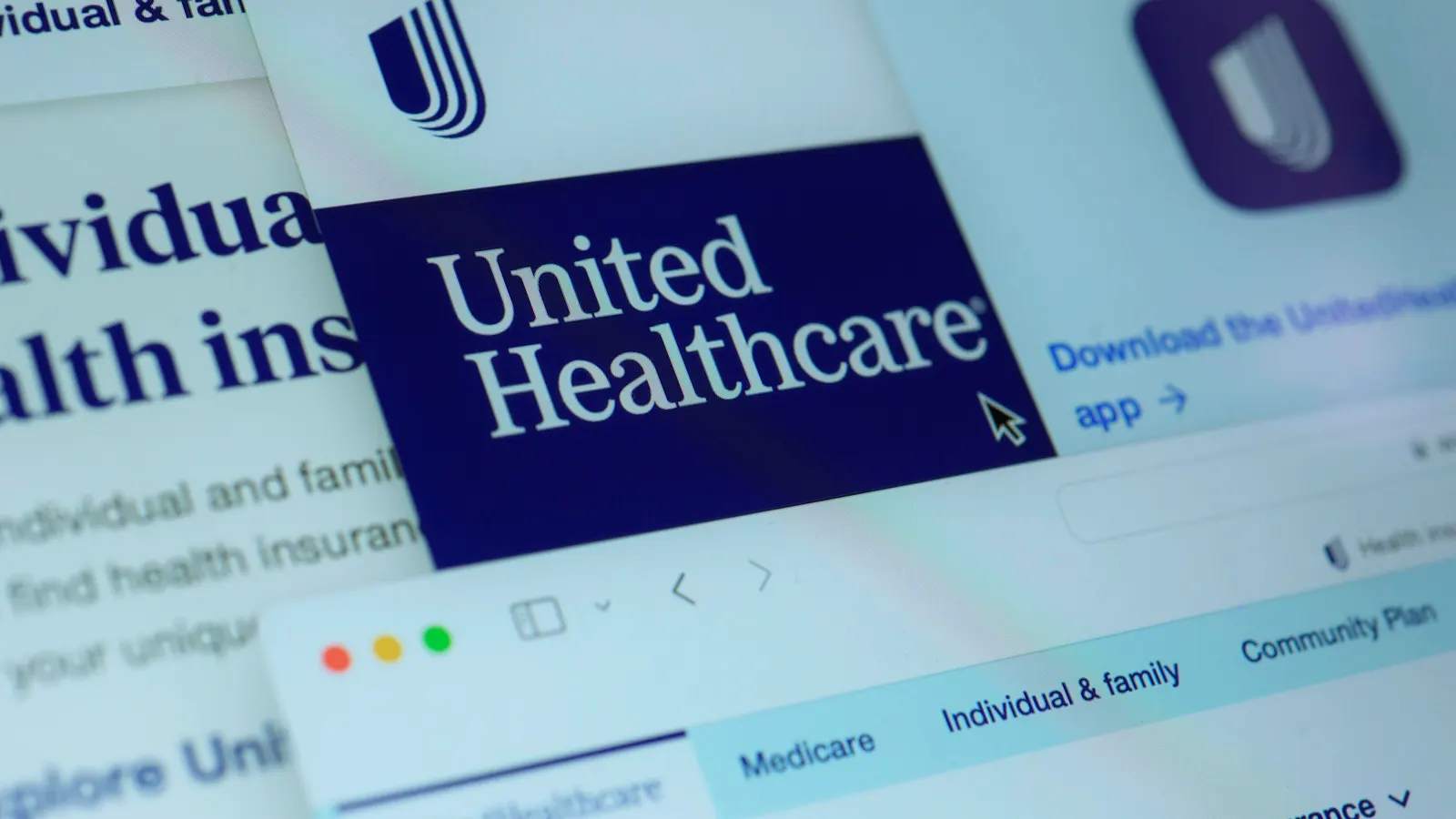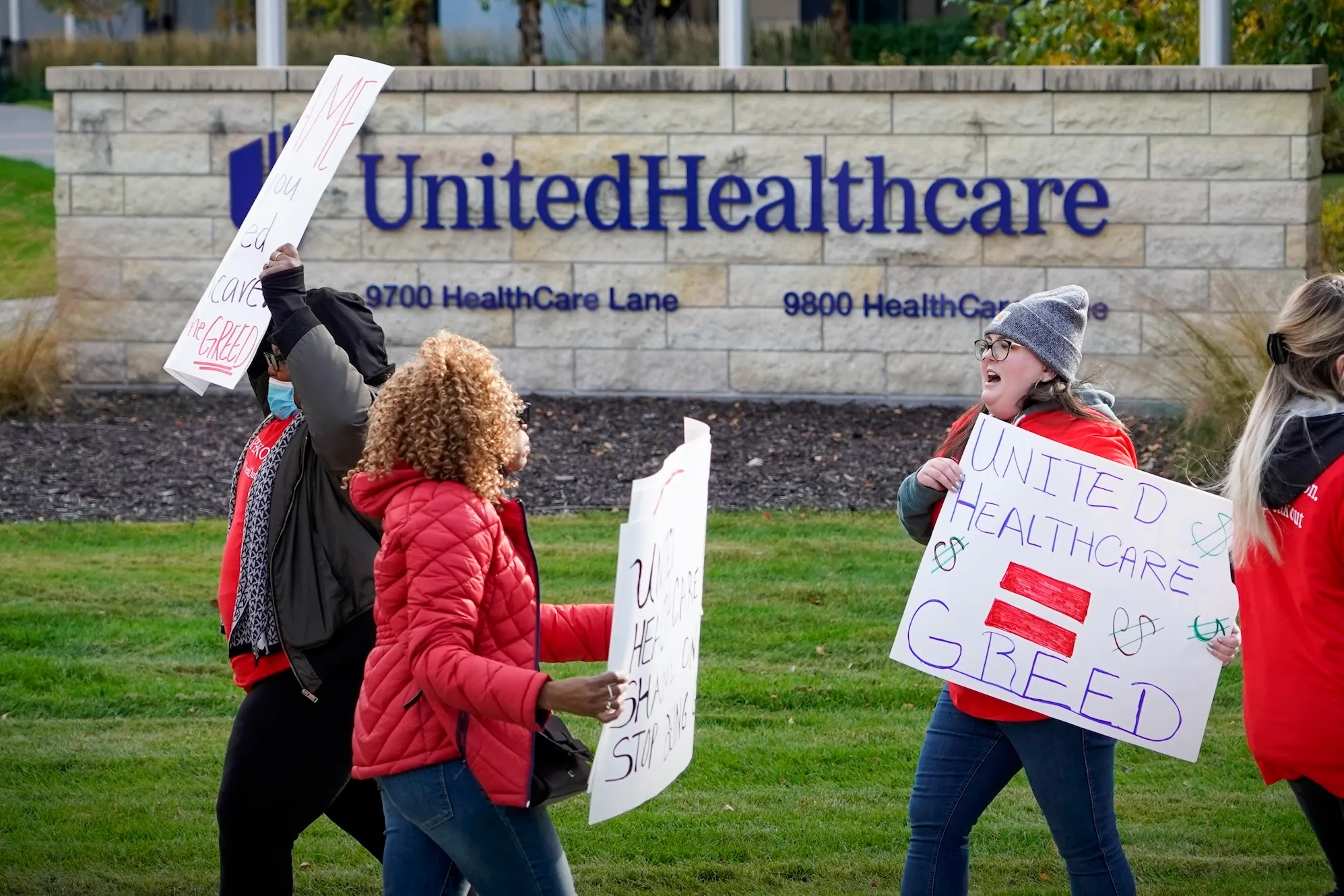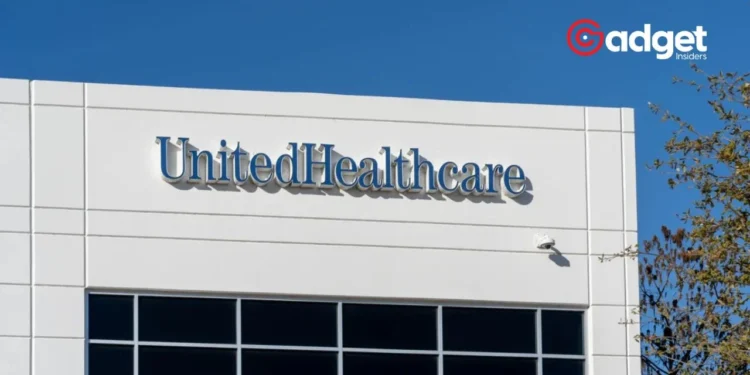In an urgent meeting held this past Tuesday, White House officials and the CEO of UnitedHealth Group (UHG), Andrew Witty, delved into discussions aimed at bolstering support for the beleaguered healthcare sector. The gathering, which also saw the participation of hospital and health insurance representatives, spotlighted the imperative for additional emergency funding.
This move comes in the wake of a significant cyberattack on Change Healthcare, a subsidiary of UHG, which has left countless medical providers in a precarious financial position.

UnitedHealth: A Critical Juncture for Healthcare Providers
The cyber intrusion on February 21st into Change Healthcare’s systems has thrust the U.S. healthcare industry into turmoil. With payments to thousands of healthcare providers stalled the ripple effects are palpable, with smaller practices facing dire straits and even larger institutions beginning to feel the pressure.
This precarious situation has drawn comparisons to the healthcare challenges witnessed during the peak of the COVID-19 pandemic, with concerns mounting over the potential deterioration of patient care standards.
In light of this dilemma, the United States Department of Health and Human Services (HHS) wrote an open letter on March 10th, in which it demanded that UnitedHealth Group “take responsibility” and expedite the distribution of emergency funding.
UHG should adopt several actions to limit the repercussions, including advancing payments to providers and improving communication channels within the healthcare community, as outlined by the Department of Health and Human Services (HHS), which emphasized the utmost need to take quick action.
Cyberattack on UnitedHealth subsidiary exposes digital era vulnerabilities, affecting patients as well as providers' cash flow. United is a well-run, well-resourced company. Its response will be remembered long after the crisis ends. There's work to do. https://t.co/FBb8iV5R30
— jburcum (@jburcum) March 10, 2024
UnitedHealth Group’s Proactive Measures
Amidst the escalating situation, Andrew Witty affirmed UHG’s commitment to rectifying the adverse effects of the cyberattack. The company has launched the Optum Temporary Funding Assistance Program, aimed at providing swift financial relief to affected medical providers.
This initiative is part of a broader effort to ensure the continuity of patient care and the smooth operation of healthcare practices during this challenging period.
Witty emphasized the organization’s dedication to the recovery process, stating, “All of us at UnitedHealth Group feel a deep sense of responsibility for recovery and are working tirelessly to ensure that providers can care for their patients and run their practices and that patients can get their medications. We’re determined to make this right as fast as possible.”

The Industry’s Call to Action
The cyberattack on Change Healthcare, attributed to the ALPHV/BlackCat ransomware group, has not only disrupted the U.S. healthcare system’s operational capacity but also exposed the vulnerability of its cybersecurity infrastructure.
With reports suggesting that the attackers made off with a significant ransom and potentially retained access to a vast amount of sensitive data, the incident serves as a stark reminder of the importance of bolstering cybersecurity measures across the healthcare ecosystem.
As the healthcare industry grapples with the aftermath of this cyberattack, the collective response from UnitedHealth Group, the White House, and the wider healthcare community underscores a shared commitment to overcoming the challenges at hand.
The HHS’s urging of all insurance companies to follow UHG’s lead and make interim payments to impacted providers marks a critical step toward stabilizing the sector and safeguarding the well-being of millions of Americans.
In the face of adversity, the resilience and collaborative spirit of the healthcare industry shine through, highlighting the imperative for continued vigilance, robust cybersecurity practices, and a unified approach to navigating future challenges.
As the situation evolves, the focus remains on ensuring the delivery of high-quality care to patients across the nation and fortifying the healthcare system against similar threats in the future.










